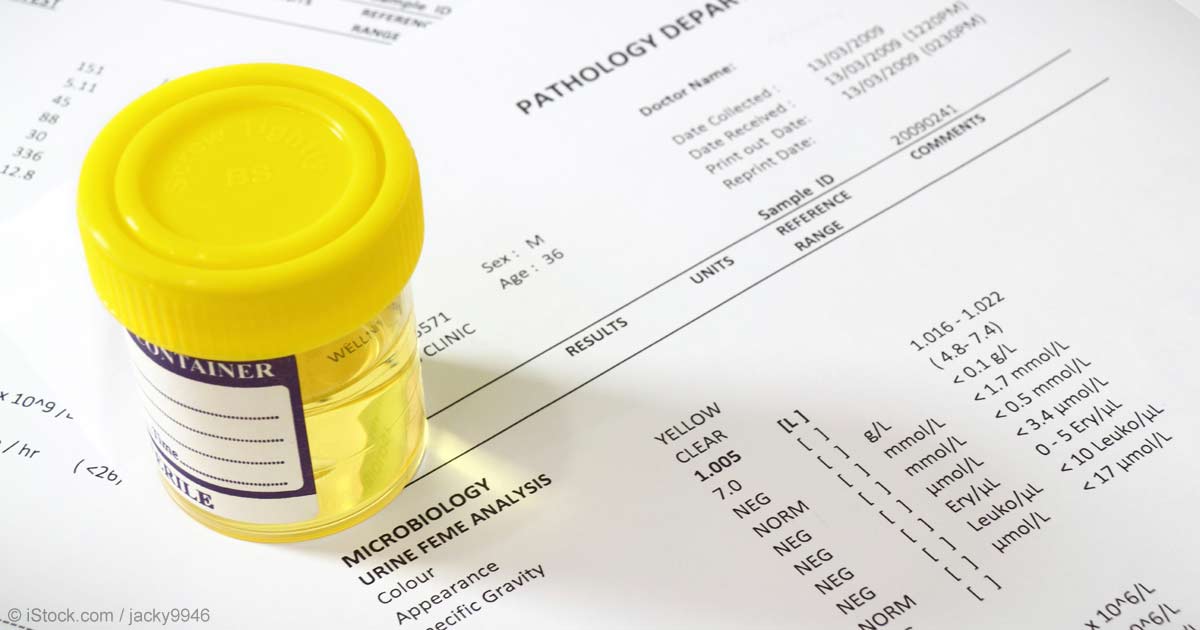AI-enabled imaging company Aidoc announced it secured $30 million in funding to develop a comprehensive AI imaging model and a new category of products based on that model.
WHAT IT DOES
Aidoc offers radiologists tools to find and triage injuries and health conditions based on imaging results. It also provides coordination software for stroke and cardiovascular care, alerting relevant care team members and sharing data and images.
The company said in a statement that it recognizes the potential of text-based foundation models, such as ChatGPT, for medical imaging and its AI multimodal training infrastructure and AI powered clinical workflow operating system, aIOS, puts it in a distinctive position to create a comprehensive imaging AI model.
“The aiOS is designed precisely for the purpose of ensuring that cutting-edge technologies can be leveraged with minimal time from IT teams within a hospital, enabling easy deployment,” Michael Braginsky, CTO and cofounder of Aidoc, said in a statement.
“The goal is that with the combined power of Aidoc’s aiOS and our foundation model, we will deliver a potent one-two punch intended to provide the optimal solution for scaling AI in healthcare.”
MARKET SNAPSHOT
Last year, Aidoc scored $110 million in Series D funding to expand its AI-powered imaging platform, a year after it garnered $66 million in Series C funding.
In 2022, Aidoc announced a partnership with Singaporean startup Us2.ai to integrate its algorithm for analyzing echocardiograms into Aidoc’s platform and collaboration with Gleamer to integrate its BoneView tool for X-rays into Aidoc’s platform.
The company also received several FDA 510(k) clearances, one for artificial intelligence software aimed at finding and triaging potential brain aneurysms in CT scans and another for Aidoc’s algorithm for flagging pneumothorax, or a collapsed lung, on X-rays.
Aidoc marked the tool for brain aneurysm detection as its ninth 510(k). Its other clearances include software for triaging and notifying providers about cervical spine fractures, intracranial hemorrhage, incidental pulmonary embolism, large vessel occlusions and rib fractures.
Last month, the company announced it was partnering with Mayo Clinic to provide its AI technology and platform to help the healthcare system improve patient care.

